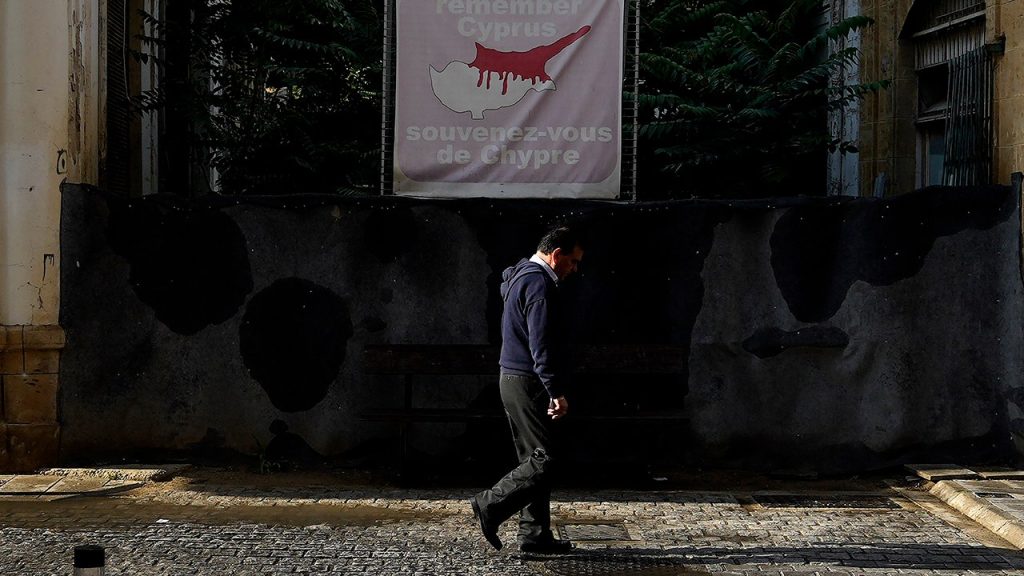Despite efforts to restart formal talks to mend Cyprus’ ethnic division, the chances appeared to be diminishing as Turkish Cypriot leader Ersin Tatar stated that he saw no common ground with Greek Cypriots for a return to negotiations. Tatar emphasized the need for separate Turkish Cypriot sovereignty in the northern third of the island to gain equal international recognition as the Cyprus Republic in the Greek Cypriot south. He also insisted on a permanent Turkish military presence and intervention rights as prerequisites for any peace deal, despite Greek Cypriot objections.
Tatar’s refusal to consider a federal reunification accord in line with a U.N.-endorsed framework, emphasizing his support for a two-state solution and the presence of Turkish troops on the island, has hindered progress towards restarting talks despite four months of shuttle diplomacy by U.N. envoy María Ángela Holguín Cuéllar. Since a failed major push for a deal seven years ago, the prospects of an agreement have remained elusive due to polarization between the Turkish and Greek Cypriot communities. The issue dates back to 1974 when the island was divided along ethnic lines after a Turkish invasion following a coup aimed at unifying Cyprus with Greece.
Holguín’s efforts to facilitate dialogue between the two sides have been met with resistance, with Tatar rejecting her proposal for a three-way meeting with Cypriot President Nikos Christodoulides. Holguín, appointed at the start of the year to assess the prospects of resuming talks, is expected to deliver a report to U.N. Secretary-General António Guterres outlining her findings over the past five months. Despite the challenges, Christodoulides remains optimistic, emphasizing the need to give diplomacy time to yield results and continuing efforts for a resumption of negotiations.
The majority of Greek Cypriots are against a settlement that would formalize a partition through a two-state deal, the permanent presence of Turkish troops, military intervention rights for Turkey, and a Turkish Cypriot veto on federal-level government decisions. The rejection of these demands by the Turkish Cypriot leader poses a significant barrier to progress, highlighting the deeply entrenched differences between the two communities. The refusal to engage in dialogue without meeting these conditions further complicates the path towards reconciliation and underscores the complex nature of the Cyprus conflict.
The lack of common ground between the Turkish and Greek Cypriot leaders, as highlighted by Tatar’s insistence on separate sovereignty and military presence in the north, suggests that a resolution to the decades-long division is still a distant prospect. Despite repeated attempts by the international community, including the United Nations, to facilitate negotiations, fundamental disagreements over key issues such as security arrangements and governance structures continue to impede progress. The need for a comprehensive, inclusive approach that addresses the concerns and interests of both communities remains crucial for any potential breakthrough in the peace process.
Holguín’s ongoing efforts to bridge the divide and facilitate communication between the two sides reflect the commitment of the international community to supporting a peaceful resolution to the Cyprus conflict. While significant challenges persist, including differing visions of a future settlement and the role of external actors such as Turkey, continued diplomatic engagement and dialogue offer hope for eventual progress. As the U.N. envoy prepares to submit her report and further assess the situation, the importance of sustained international support and a commitment to dialogue as essential components of any successful peace process in Cyprus is underscored.


